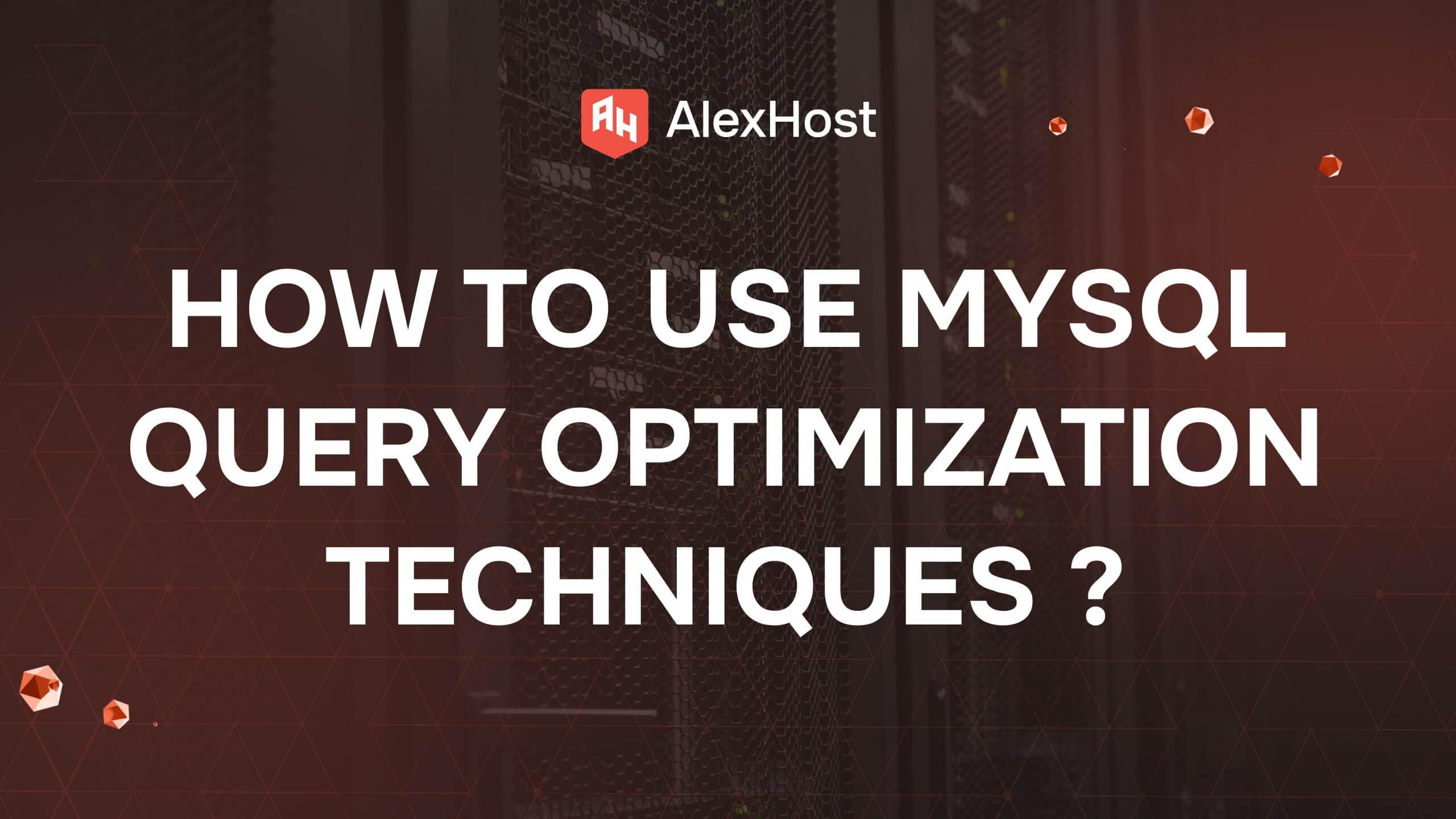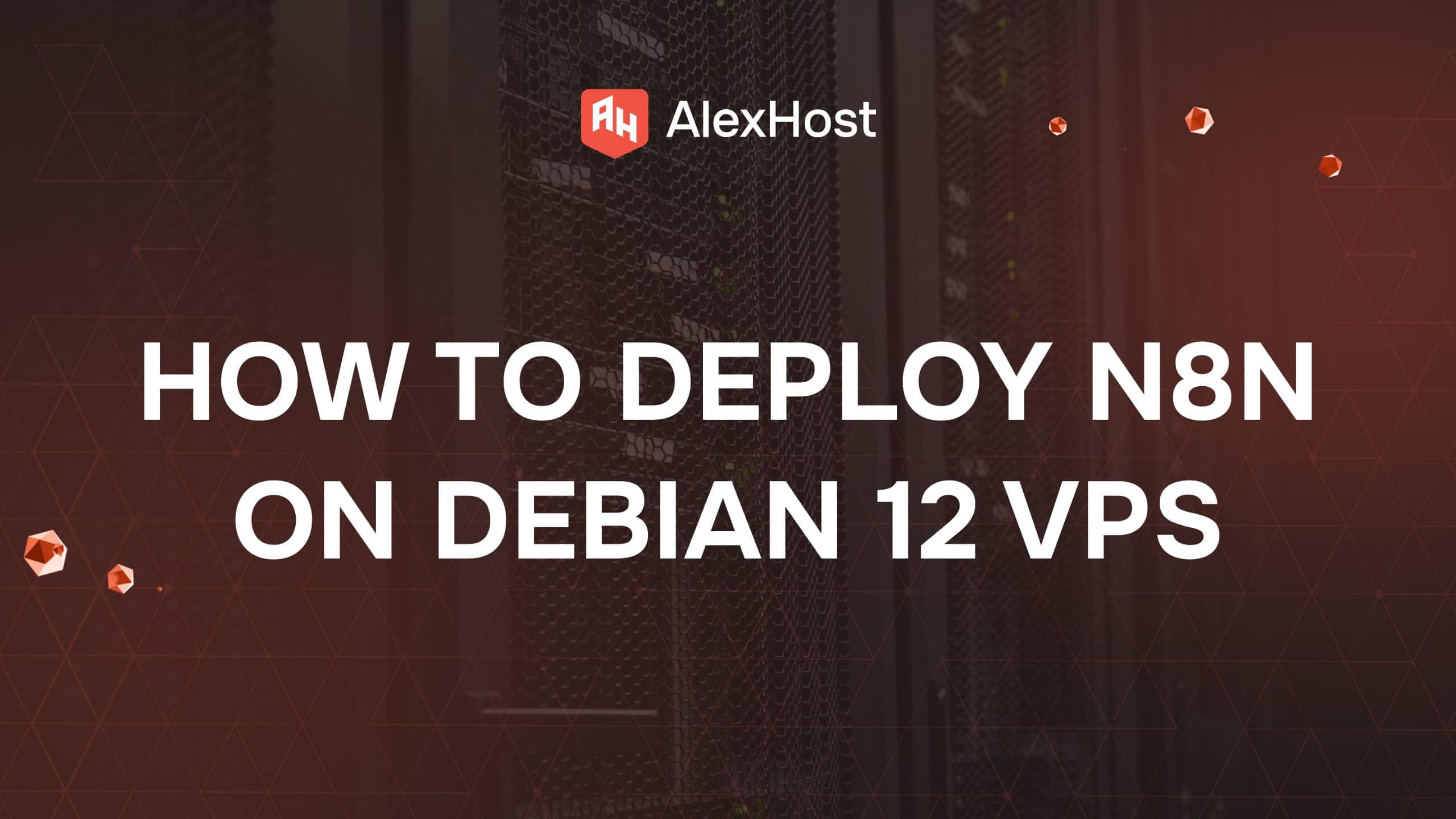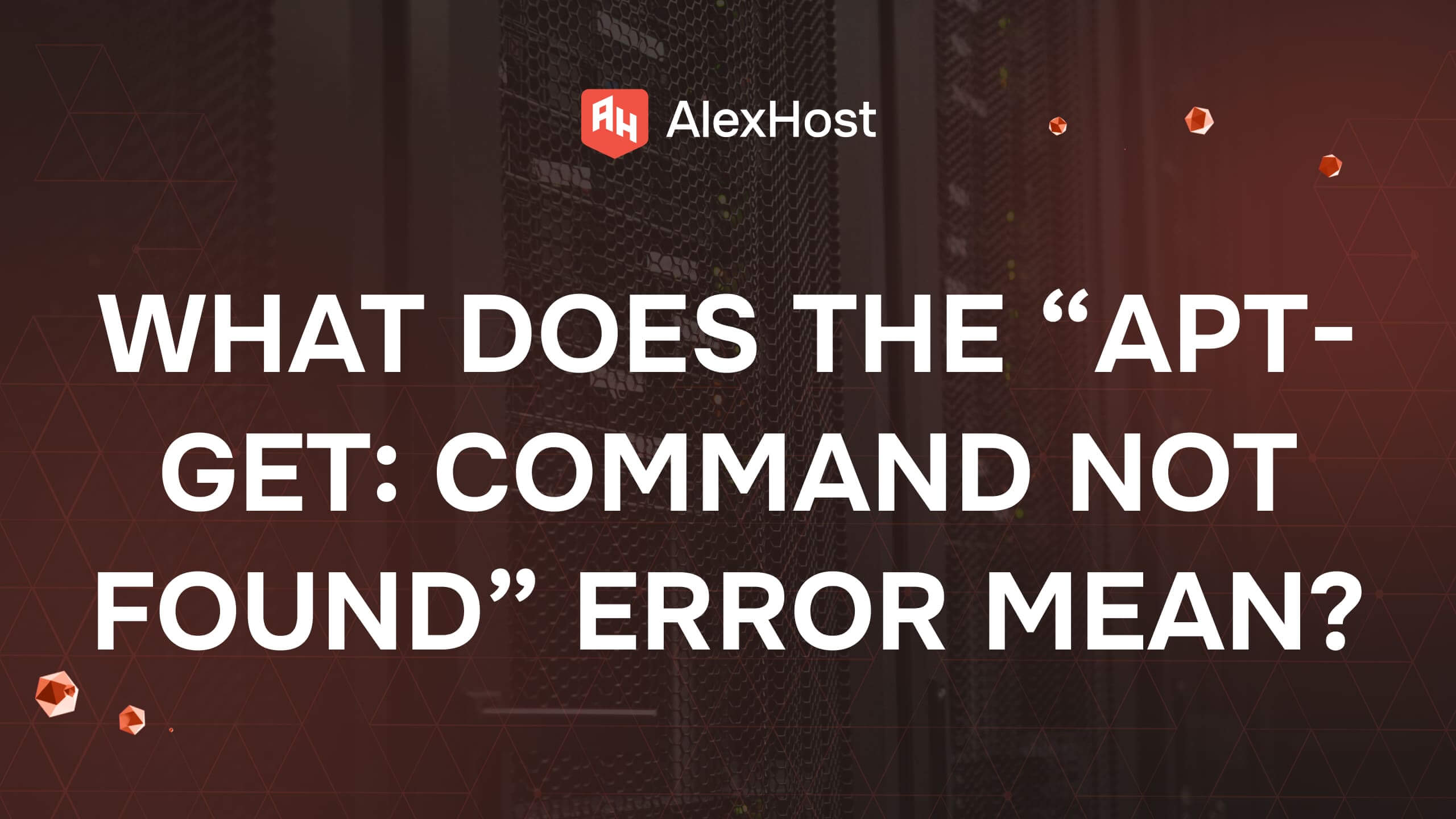Ordering a VPS with automatic ispmanager installation is the perfect choice for those who value convenience, speed, and a ready-to-use hosting environment. Once your server is activated, the control panel is installed automatically, giving you instant access to manage websites, domains, and email. There’s no need for manual setup — everything is configured within minutes. […]
Read MoreWhen managing powerful dedicated servers, having full control over your operating system installation and hardware management tools is essential. At AlexHost, we provide our clients with IPKVM (IP-based Keyboard, Video, and Mouse) access for all dedicated servers — including full BIOS-level control and the ability to upload and install a custom ISO image of your […]
Read MoreModern websites and web applications rely heavily on databases, and MySQL hosting remains one of the most widely used solutions for managing structured data. However, as projects grow, database performance and query optimization become critical for maintaining fast website speed and stable server performance.In this article, we’ll explore proven MySQL optimization techniques, share best practices […]
Read MoreIn the realm of Telegram bot development, robust user input validation is paramount to ensuring both reliability and security. Given Telegram bots’ dynamic and interactive nature, developers must implement sophisticated validation mechanisms that not only verify the correctness of incoming data but also maintain a seamless user experience. This article explores advanced methodologies and best […]
Read MoreRunning n8n on your own VPS is the best way to build secure, scalable, and always-on automation workflows. Unlike cloud-based automation services, hosting n8n on an AlexHost VPS gives you full data privacy, unlimited executions, 24/7 uptime, and predictable costs. With Debian 12 as the base OS, you’ll benefit from long-term stability and modern software […]
Read MoreBy default, Ubuntu installs updates automatically to keep your system safe and stable. This is useful for most users, but in some cases you may want to control updates manually — for example, on servers, test environments, or when you need to keep specific software versions. Main Update Mechanisms in Ubuntu unattended-upgrades — service that […]
Read MoreWhen working with Linux, many tutorials instruct users to run commands using apt-get to install, update, or remove software packages. However, encountering the following error can cause confusion, especially among beginners: apt-get: command not found This message, while seemingly alarming, typically points to a straightforward issue: the system cannot locate the apt-get executable. This article […]
Read MoreManaging software repositories is a critical aspect of maintaining a stable and secure Linux environment. Occasionally, repositories may become problematic—they may be outdated, untrusted, or cause conflicts during package management operations. This article provides a comprehensive guide on safely identifying and removing such troublesome repositories, primarily within Debian-based Linux distributions like Ubuntu, Mint, and Kubuntu. […]
Read MoreLiteSpeed Web Server (LSWS) is widely recognized not only for its performance gains over Apache and Nginx, but also for its built-in security capabilities. Modern web environments face constant threats — from brute-force login attempts to full-scale DDoS attacks — and LiteSpeed provides administrators with a comprehensive set of defensive tools without requiring heavy third-party […]
Read MoreSet Up MongoDB on Your AlexHost VPS: A Step-by-Step Guide Why run MongoDB on AlexHost? MongoDB’s NoSQL flexibility and JSON-like documents make it a go-to for dynamic apps, and AlexHost’s VPS offers the perfect environment—root access, SSD speed, and robust security—to run it like a champ. This guide walks you through installing, securing, and managing […]
Read More
















